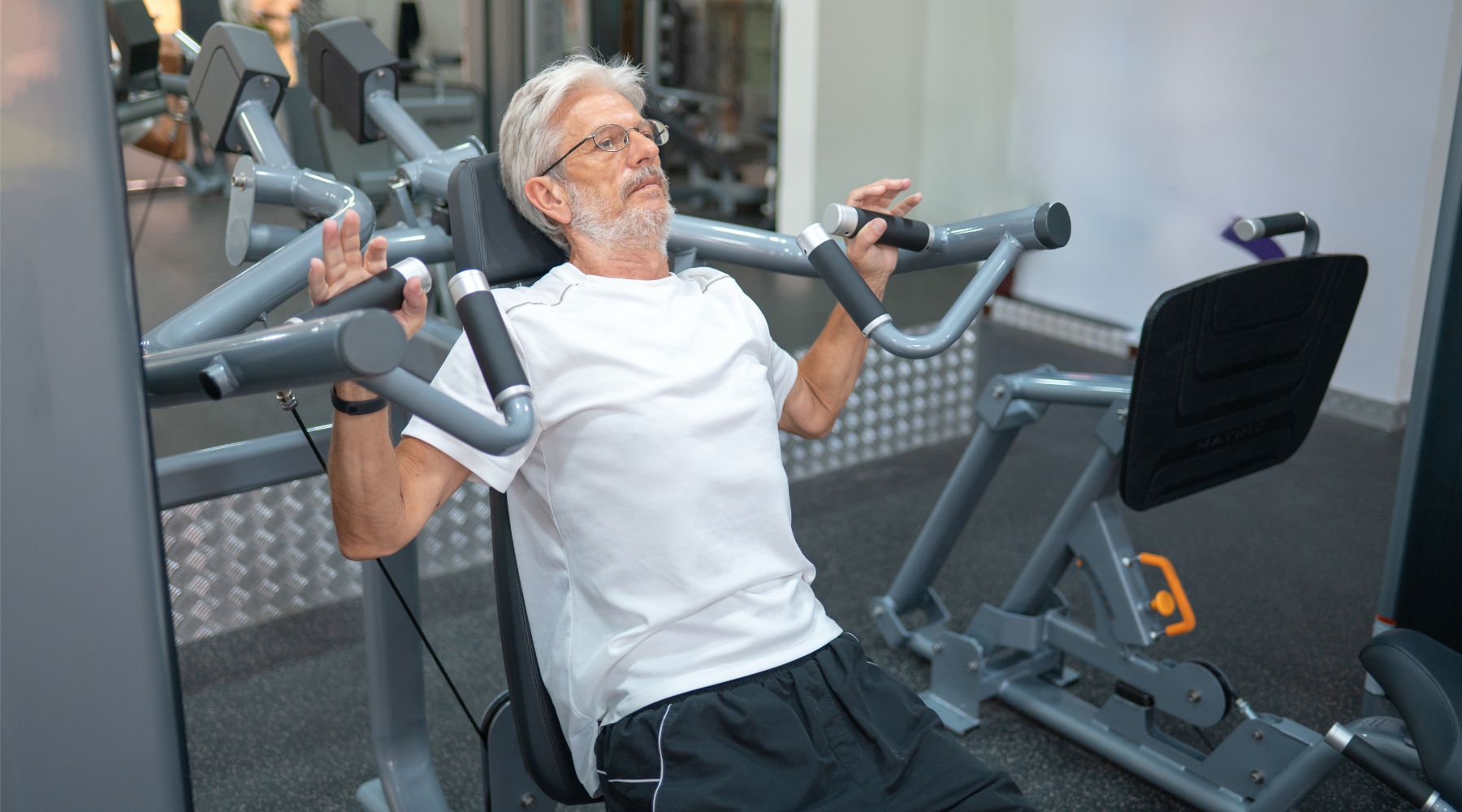Does your exercise routine consist of occasional yardwork and walks around the neighborhood? Maybe less than that?
If so and you’re age 60 or older, the Oklahoma Medical Research Foundation has a pathway to propel you into a healthier lifestyle.
Two OMRF scientists are seeking 75 healthy Oklahoma City-area residents to complete a comprehensive study for people in that age group who do not regularly exercise.
“Most people know that exercise is important for overall health,” said scientist Benjamin Miller, Ph.D., who also leads OMRF’s Aging & Metabolism Research Program. “This study will provide participants supervised exercise with the goal of improving health.”
Miller and OMRF scientist Sue Bodine, Ph.D., are collaborating on the study with the Florida Institute of Human and Machine Cognition and the University of Florida.
“The goal of this study is to better understand the differing responses older people have to specific types and intensities of training,” said Bodine, who leads a national consortium of scientists studying how exercise improves health at a molecular level. “If we can determine why someone isn’t responding to a particular exercise protocol, perhaps we can tailor it to meet their specific needs.”
Following tests of each person’s muscle mass and cardiovascular fitness, subjects will undergo an initial 12-week phase of supervised strength and endurance training at OMRF. Then each person will be tested again, followed by a 10-week second phase and then another round of testing.
Participants will receive compensation for their time. Throughout the study, participants also will receive support from study staff, plus free testing in a variety of areas: blood work, body composition, exercise capacity, and cognitive, memory and balance evaluations.
“We realize this represents a time investment for participants, but it could offer significant benefits for those willing to commit,” said Miller, who holds the G.T. Blankenship Chair in Aging Research at OMRF. “We are rotating participants through the study over the next four years. So, even if your current work schedule is a barrier or you’re in your late 50s, we’d be interested to talk to you to explore whether this study aligns with your future plans.”
To volunteer or obtain more information, call 405-271-7745 or visit http://omrf.org/exercisestudy.
The study is funded by grant No. 1R01AG089192-01 from the National Institute on Aging, part of the National Institutes of Health.
This news release is solely the responsibility of the authors and does not necessarily represent the official views of the NIH.



